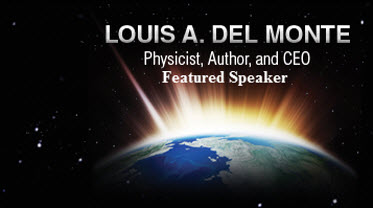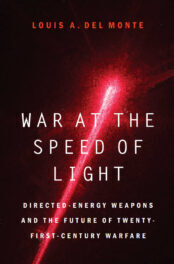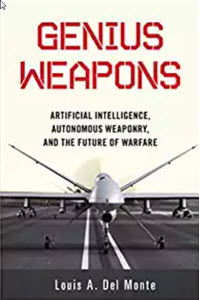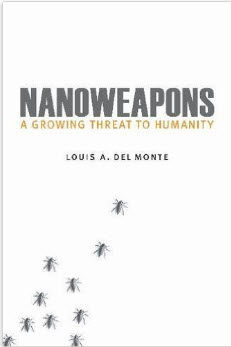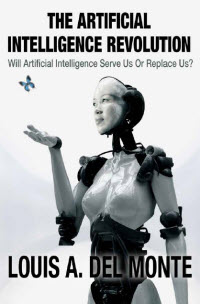Futurists differ on the technical marvels and cultural changes that will precede the singularity. In this context, let us define the singularity as a point in time when an artificially intelligent machine exceeds the combined cognitive intelligence of the entire human race. In effect, there is no widely accepted vision of the decade leading to the singularity. There are reasons why this is the case.
The most obvious reason is that futurists differ on when the singularity will occur. Respected artificial intelligence technology futurists, like Ray Kurzweil and the late James Martin (1933 – 2013), predict the singularity will occur on or about 2045. At the 2012 Singularity Summit, Stuart Armstrong, a University of Oxford James Martin research fellow, conducted a poll regarding artificial generalized intelligence (AGI) predictions (i.e., the timing of the singularity) and found a median value of 2040. If you scour the Internet, you can find predictions that are substantially earlier and a century later. Therefore, let me preface everything I say with “caveat emptor,” Latin for “Let the buyer beware.” In this context, you may interpret it, “Let the reader be skeptical.” Although I strongly believe that my predictions regarding the singularity are correct, I also caution that the reader be skeptical and examine each prediction using their own judgment to ascertain its validity.
After much research and thought, I have concluded that the world will experience the singularity between 2040 -2045. In effect, I agree with Kurzweil, Martin, and the 2012 Armstrong survey. That suggests that the singularity will occur within the next twenty-five years. In the next post, I’ll explain how I arrived at my projection in the next post.
